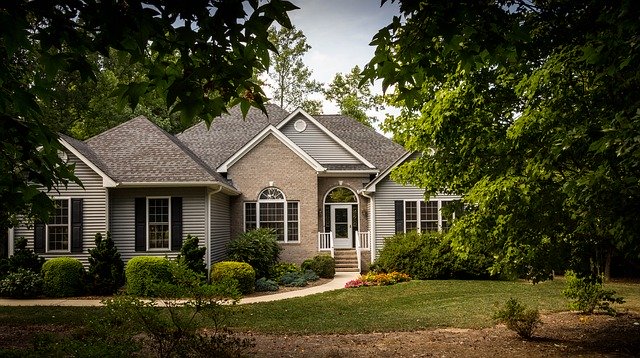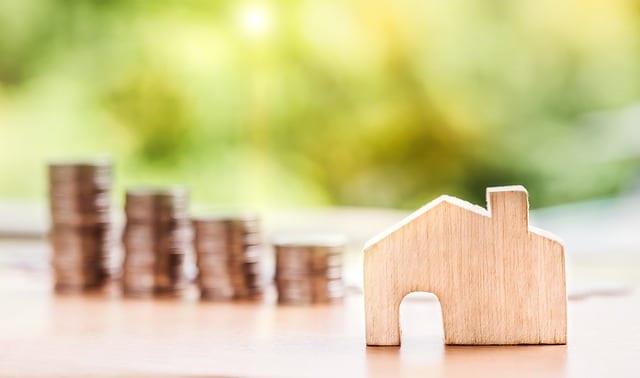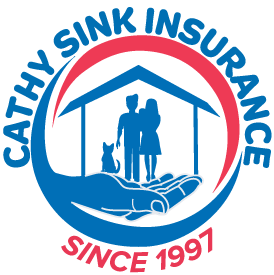What Is Property Cost Valuation?
Property cost evaluation is important for insurance purposes. Without a proper evaluation, your property could be underinsured or overinsured.

• Over insuring leads to significantly higher payments than you should have
• Underinsuring means a substantial financial loss when filing a claim
When insuring a property, you want to make sure that you pay the fair price. This is exactly where property cost evaluation plays a vital role.
In this article, we’ll go over the details considering property cost evaluations. After reading this article, you’ll understand the procedure and its implications.
Differences between price and value

Price and value are not the same things. Value is a more inherent property. Prices may fluctuate in a variety of circumstances. Take a look at the examples below:
• A homeowner wants to quickly sell his property. The best way is to lower the price. Regardless of the price tag that he puts on the property, the value of the home stays the same.
• Market price depends on what a buyer is willing to pay and the seller ready to accept, explains Beth, owner of Florida PM & Sales. The market price is an equilibrium between these conflicting interests. Once again, the final price may not reflect the value.
What drives property value?

Many variables determine your property’s value:
• Are there enough homes on the market to fulfill all the buyers’ needs? This aspect is called scarcity.
• What kind of taxes and zoning laws affect the property?
• Transferability plays a key role as well. Is it easy to exchange ownership of this property?
• Is there any environmental risk threatening the property, such as hurricanes?
• How big is the demand for this type of property? Do buyers generally want this home?
• Utility is a strong factor in predicting the property value. Does the home fulfill buyers’ needs?
• What is the value of the land?
• How much construction and labor will be invested in the home?
• The dynamics of fluctuations in interest rates.
What are the methods for evaluations?

There are three major approaches to evaluation. Let’s take a closer look at each of these methods.
• Income capitalization. This calculation bases the value on the property’s potential for income. This is an evaluation typically done for investment properties.
• Replacement cost. The method relies on the calculation of the property’s reconstruction costs. The evaluator accounts for multiple variables, including the cost of labor and materials.
• Sales comparison. This evaluation compares similar properties that were recently sold. The calculations involve the age, construction methods, locations, and size of the sold properties.
Isn’t evaluation the same thing as an appraisal?

A common misconception is that an appraisal is the same thing as an evaluation. The processes are different. Evaluators do a much more thorough job. They account for multiple factors to determine the real value of the property. For example, they will factor in:
• Taxes
• Demographics
• Zoning records
• Replacement expenses
Sometimes people think that the evaluation is a property inspection. However, a property inspection is a visual method. A visual inspection doesn’t take into account vital demographic and socioeconomic information.
How can a property have multiple values?
You can get a variety of values based on the property type. Your home could have low investment value, whereas the very same property shows a high use value. In most cases, the evaluators rely on many value categories for reaching the total value.
What is the final result?
The property cost evaluation determines more than just the worth of your property. The elaborate process merges multiple factors for an accurate property value estimate. There are many data points taken into consideration by the evaluator.
When your property cost evaluation is finished, you’ll get an insurance policy that has as accurate of an estimate as possible. The final result accounts for present value and potential future fluctuations in its value.
Do you want to speed up the process? Present all the information about the property you possess. Never misrepresent or withhold any facts. Doing so would backfire and make the whole evaluation take a longer time.
The bottom line:
what is property cost evaluation?
Getting a property cost evaluation is important for receiving adequate insurance coverage. You don’t want to get your home over insured nor underinsured. Both situations would be less than ideal.
Property cost evaluation is a complex process. The evaluator uses various data points to determine an accurate estimate for your home’s value:
• Social and economic trends
• Government regulations
• Recent sales prices
• Reconstruction costs
